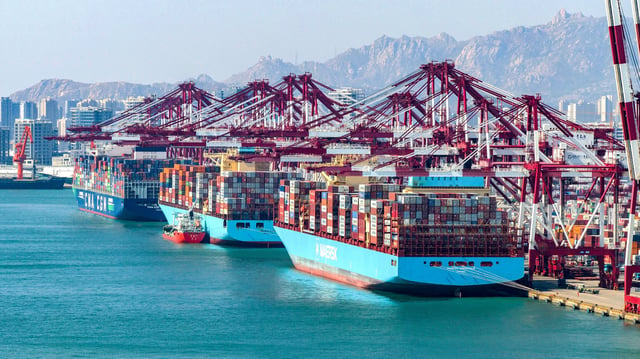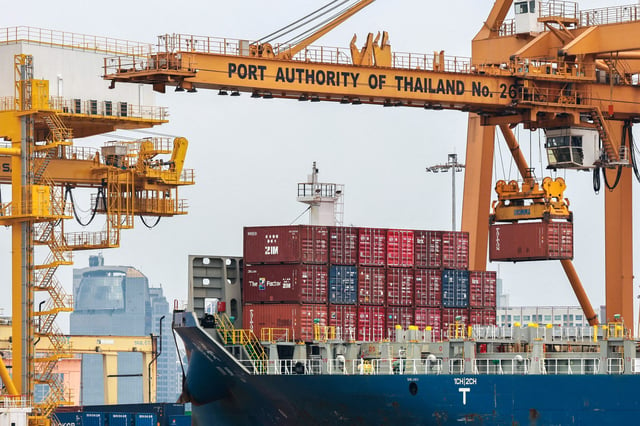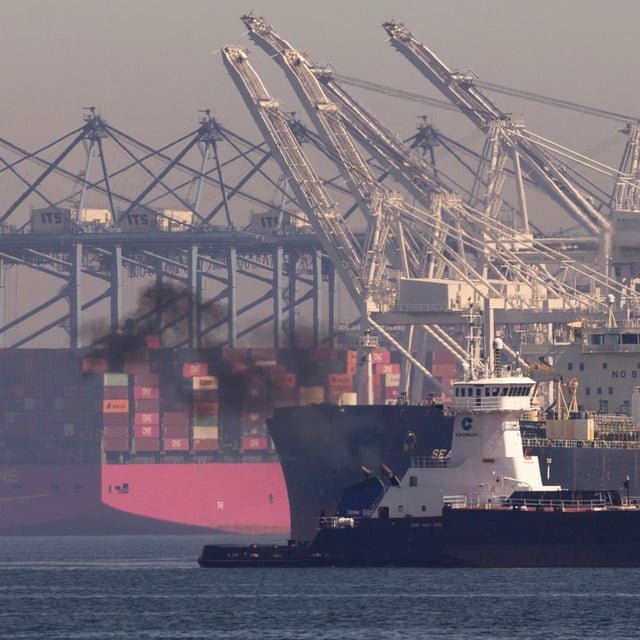Overview
- The International Maritime Organization (IMO) is finalizing negotiations in London on a potential global carbon levy to decarbonize the shipping industry by around 2050.
- The U.S., under the Trump administration, has withdrawn from the talks, labeling the proposed measures 'unfair' and threatening reciprocal actions against any imposed fees on U.S. ships.
- Proponents, including Pacific and Caribbean nations, view the levy as a critical opportunity to finance climate initiatives and accelerate shipping's transition to greener operations.
- Opposition from countries like China, Brazil, and Saudi Arabia centers on concerns about economic competitiveness and equity, highlighting international divisions on the issue.
- Despite U.S. resistance, the majority of IMO delegates remain engaged, with many emphasizing the necessity of ambitious carbon pricing to achieve net-zero emissions and support climate-vulnerable regions.



